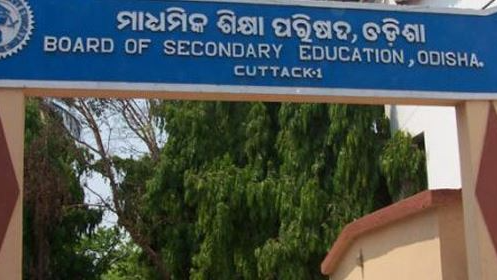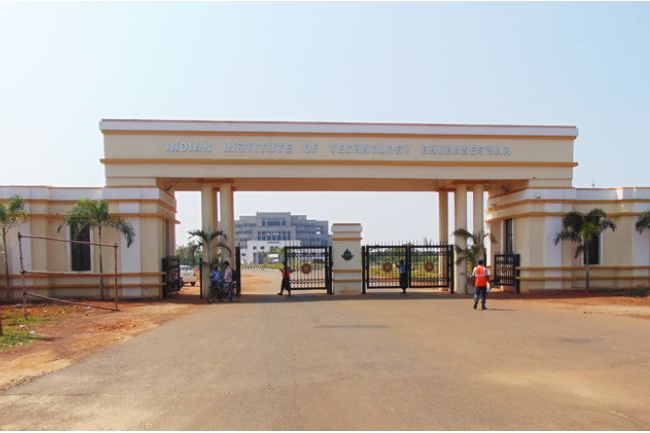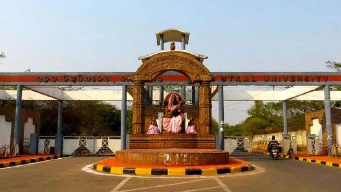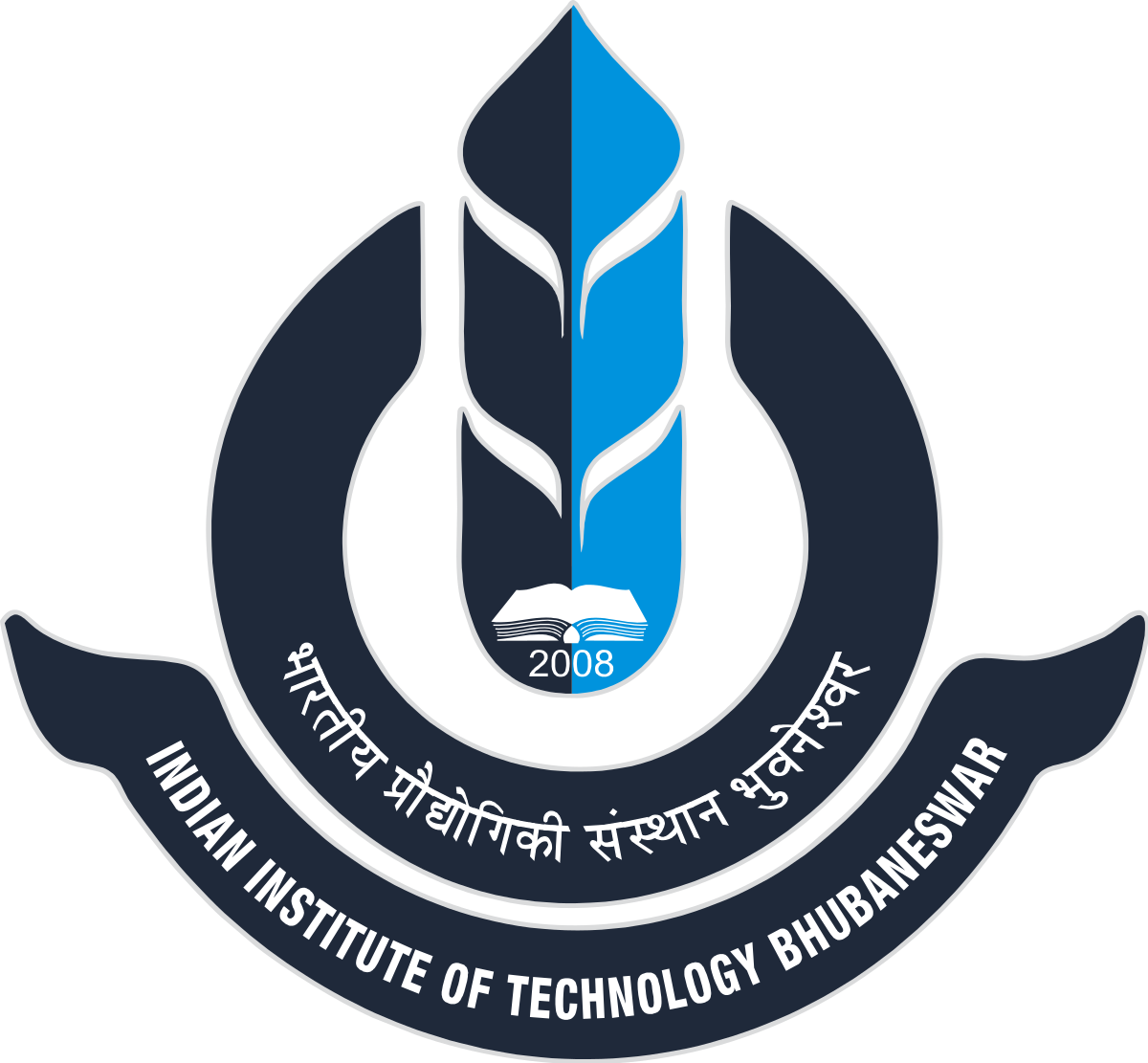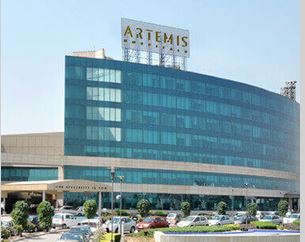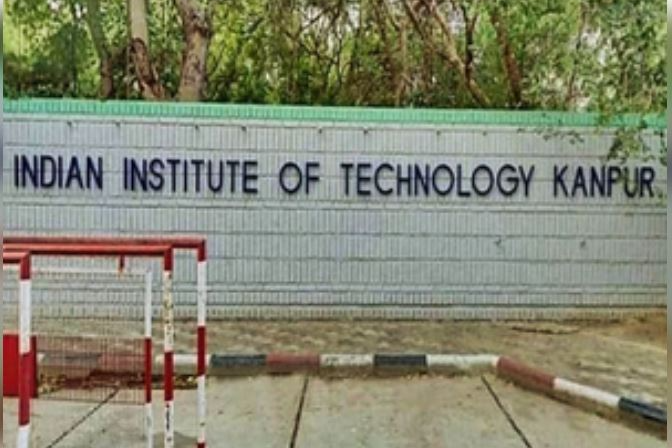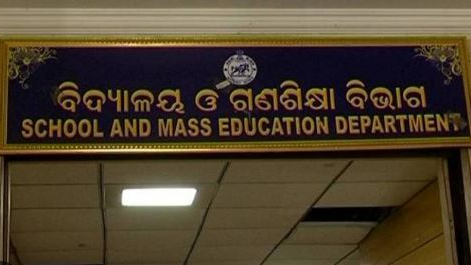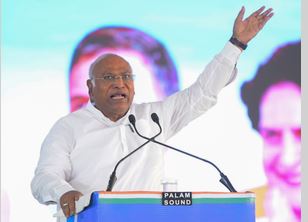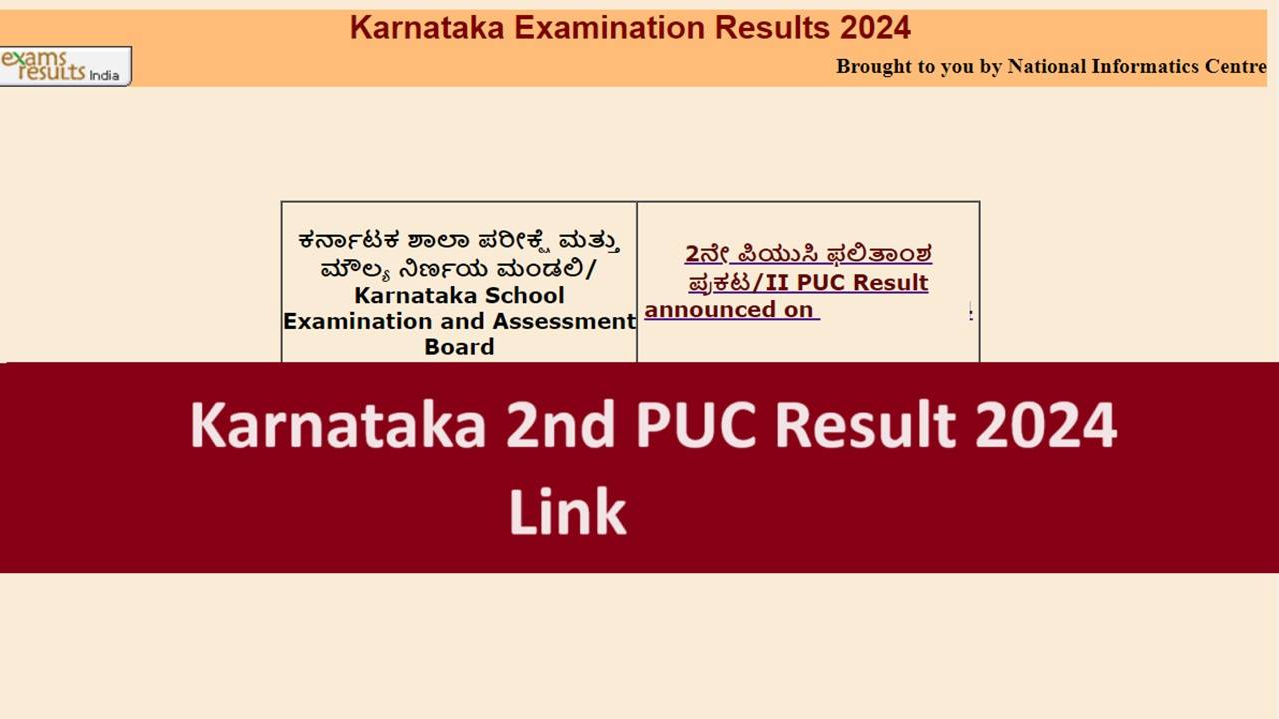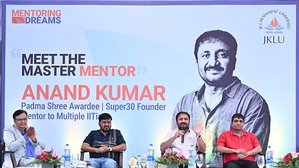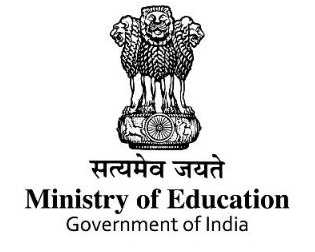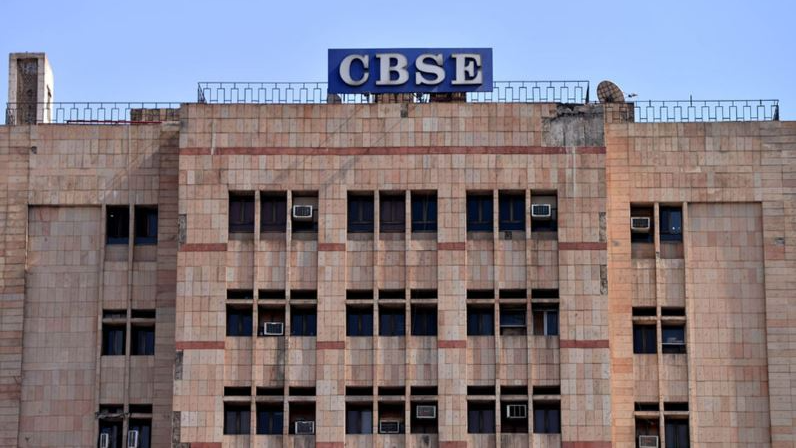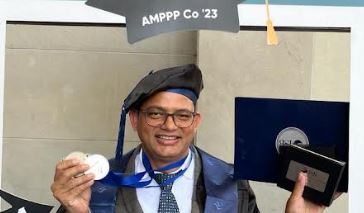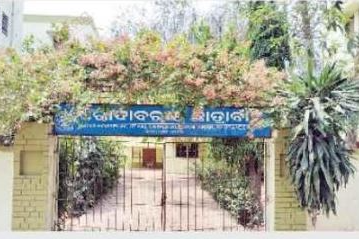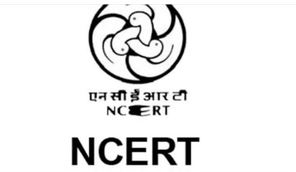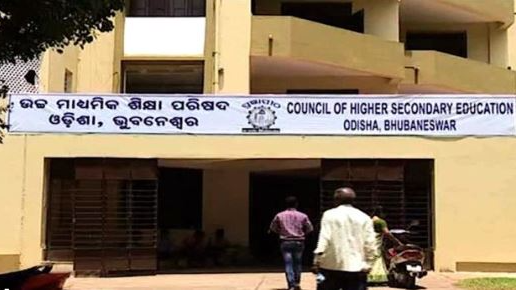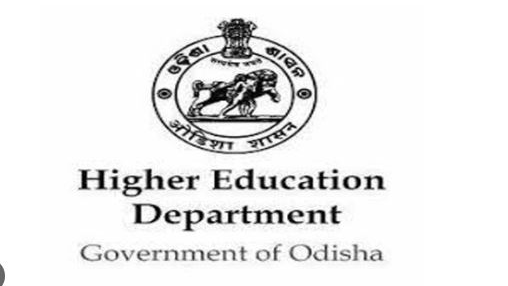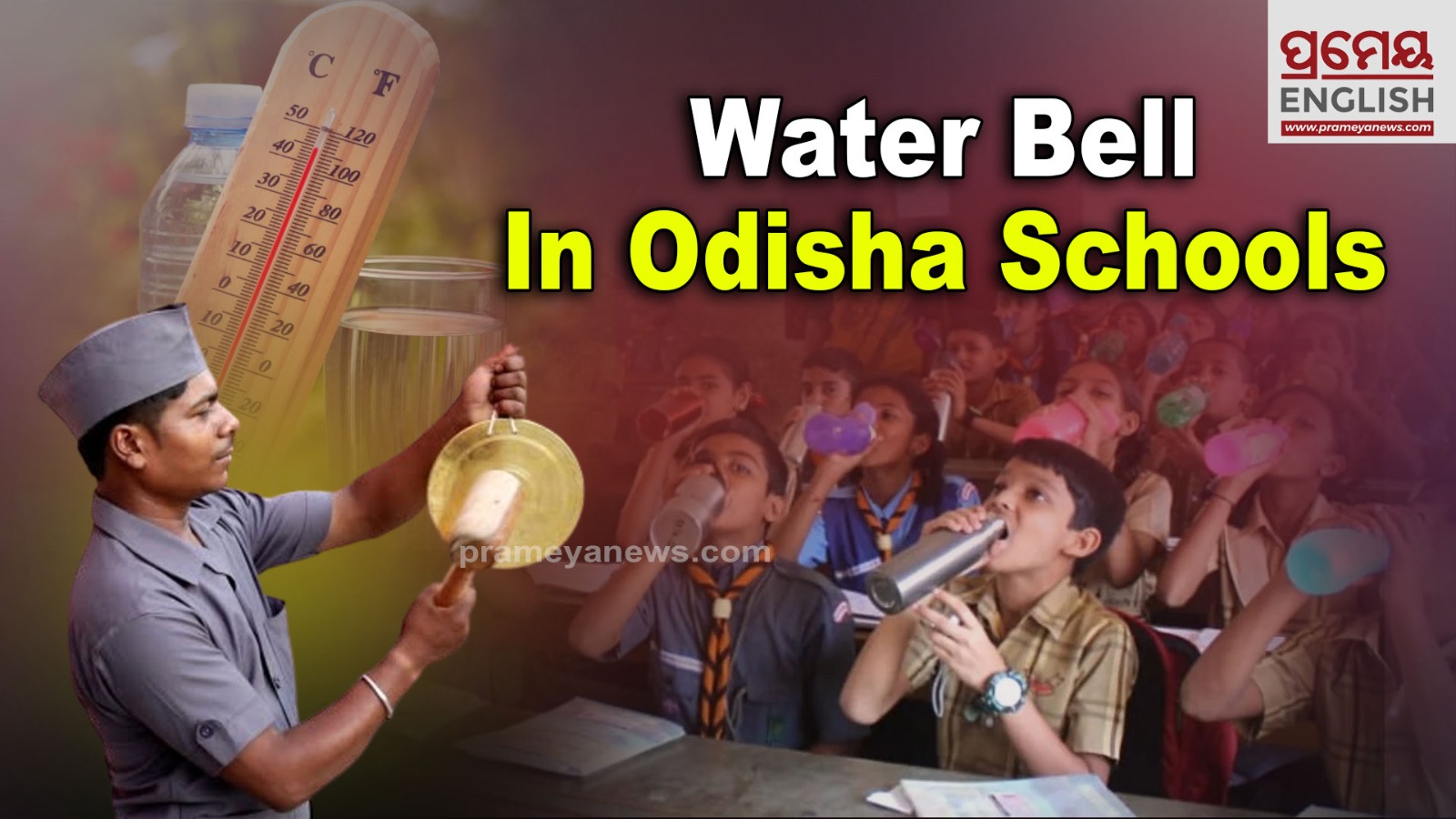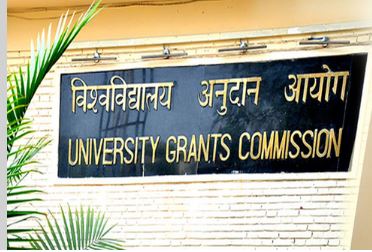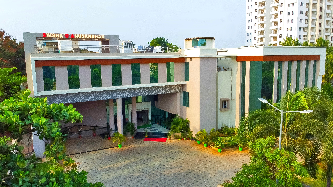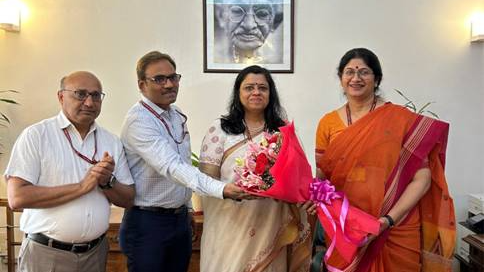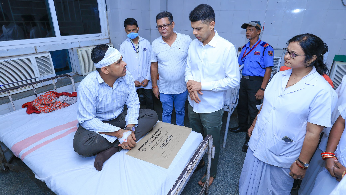NEP 2020 aims to ensure inclusive and equitable quality education
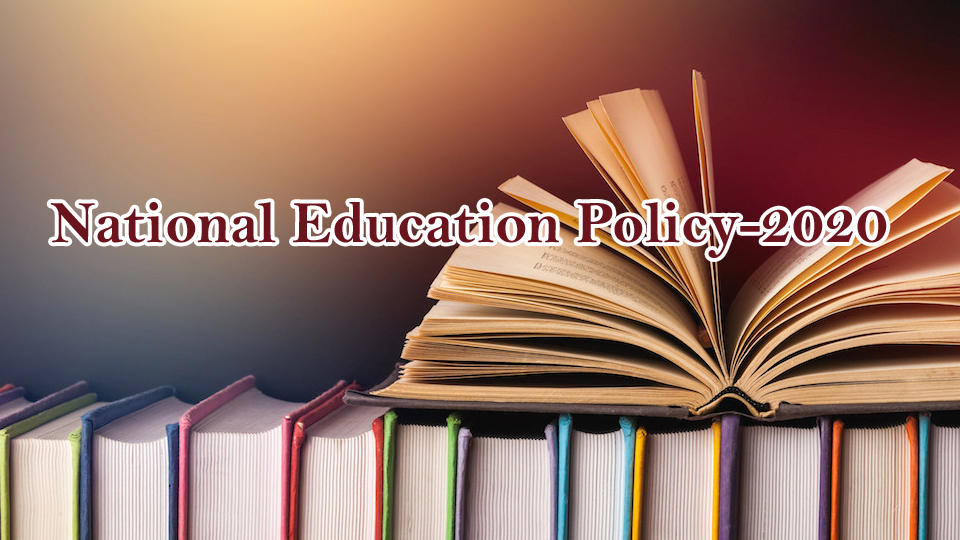
New Delhi, Dec 6: To ensure inclusive governance, UGC has taken initiatives to expand access through online and Open and Distance Leaning (ODL) programmes in more HEIs. To overcome language barrier being faced by students, Massive Open Online Courses MOOCs are being translated in Indian languages. Several other efforts are being made by Government of India and UGC such as offering financial assistance to different deprived sections of society; Swami Vivekanand Single Girl Child Fellowship for Research in Social Science; PG Indira Gandhi Scholarship for Single Girl Child; Post-Doctoral Fellowship for Women; PG Scholarship for SC/ST Candidates; National Fellowship for SC Candidates; PG Scholarship for Professional Courses for SC/ST candidates; Post-Doctoral Fellowship for SC/ST Candidates; National Fellowship for Students of Other Backward Classes (OBC); Maulana Azad National Fellowship for Minority Students NEP 2020 aims to ensure inclusive and equitable quality education at all levels of school education and higher education including access to education. Since education is a concurrent subject, State/UT Governments play a vital role in the implementation of the National Education Policy 2020. Further, it aims to ensure that no child loses any opportunity to learn and excel because of the circumstances of birth or background. It proposes special emphasis to be given on Socially and Economically Disadvantaged Groups (SEDGs). The NEP 2020 reaffirms that bridging the social category gaps in access, participation, and learning outcomes in both school and higher education will continue to be one of the major goals of all education sector development programmes. Department of School Education and Literacy (DoSEL), Ministry of Education is implementing Samagra Shiksha scheme, effective from 2018-19. Bridging gender and social category gaps at all levels of school education is one of the major objectives of the scheme. The Scheme reaches out to girls, and children belonging to SC, ST, Minority communities and transgender. The Scheme also focuses on the identified Special Focus Districts (SFDs) on the basis of adverse performance on various indicators of enrolment, retention, and gender parity, as well as concentration of SC, ST and minority communities. The major interventions of Samagra Shiksha include RTE entitlements under which two sets of uniforms for all girls, and children belonging to SC/ST/BPL families’ in Government schools up to class VIII are provided and provision is also made for textbooks to all children including SC/ST in Government/Local Body and Government aided schools, including Madarsas. Under Samagra Shiksha, there is a provision of Kasturba Gandhi Balika Vidyalayas (KGBVs). KGBVs are residential schools from class VI to XII for girls belonging to disadvantaged groups such as SC, ST, OBC, Minority and Below Poverty Line (BPL). Netaji Subhash Chandra Bose (NSCB) Awasiya Vidyalayas and Hostels under Samagra Shiksha are support for reaching out to children in sparsely populated, or hilly and densely forested areas with difficult geographical terrain and border areas where opening a new primary or upper primary school and Secondary/Senior Secondary schools may not be viable. Preference is given to Educationally Backward Blocks (EBBs), LWEs, Special Focus Districts (SFDs) and the 115 aspirational districts. 15% seats for Scheduled Caste and 7.5% seats for Scheduled Tribes are reserved in all fresh admissions in all Kendriya Vidyalayas. Those SC/ST students who are admitted under RTE quota are exempted from payment of fee and also are provided with free books, uniform, stationary and transportation. Also, there are provision for reservation of seats in Jawahar Navodaya Vidyalaya in favour of children belonging to scheduled castes and scheduled Tribes. The Central Sector Scheme ‘National Means-cum-Merit Scholarship Scheme’ has objective to award scholarships to meritorious students of economically weaker sections to arrest their drop out at class VIII and encourage them to continue the study at secondary stage. D/o Higher Education is implementing three schemes for providing financial assistance to the students pursuing higher education namely; Central Sector Scheme of Scholarship for College and University Students (CSSS), Special Scholarship Scheme for J&K (SSS for J&K); and Central Sector Interest Subsidy Scheme (CSIS). Further, UGC also offers PG scholarships, PG Scholarships for professional courses and Post-Doctoral Fellowship for ST Candidates for the benefit of tribals across the country including tribals of Gujarat. NEP 2020 states that while several programmatic interventions to uplift children from tribal communities are currently in place, special mechanisms need to be made to ensure that children belonging to tribal communities receive the benefits of these interventions. Further, under the aegis of the Ministry of Defence, State Governments may encourage opening NCC wings in their secondary and higher secondary schools, including those located in tribal dominated areas. The information was given by the Minister of State for Education, Dr. Subhas Sarkar in a written reply in the Lok Sabha today.
Latest News
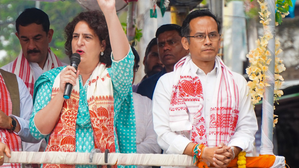
BJP will change the Constitution if wins again...

Indians up their spending on dieticians by 125...

Major fire in 8-storey building in Mumbai, 11...

Man jumps from tower in Delhi, dies
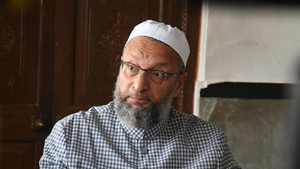
AIMIM declares support to AIADMK in Tamil Nadu...
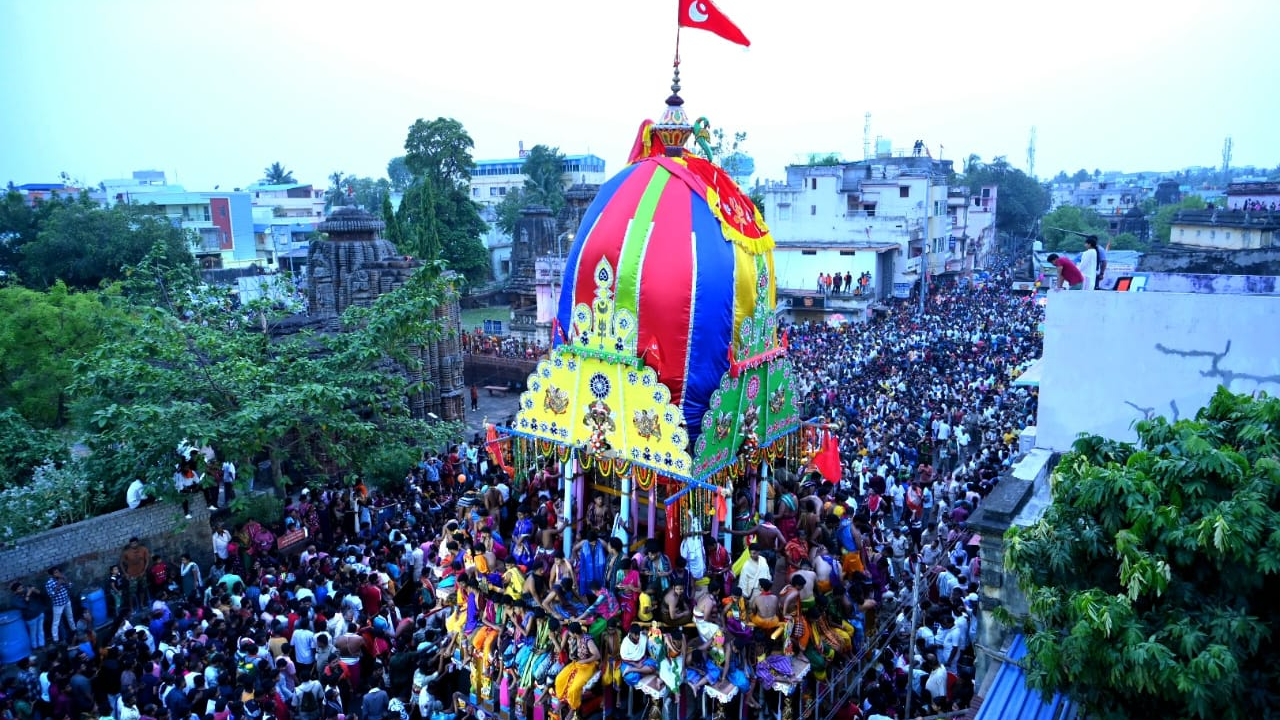
Lord Lingaraj’s Rukuna Rath Yatra held in Bhub...
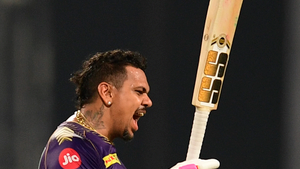
Sunil Narine's 49-ball ton helps KKR post 223/...
Copyright © 2024 - Summa Real Media Private Limited. All Rights Reserved.










